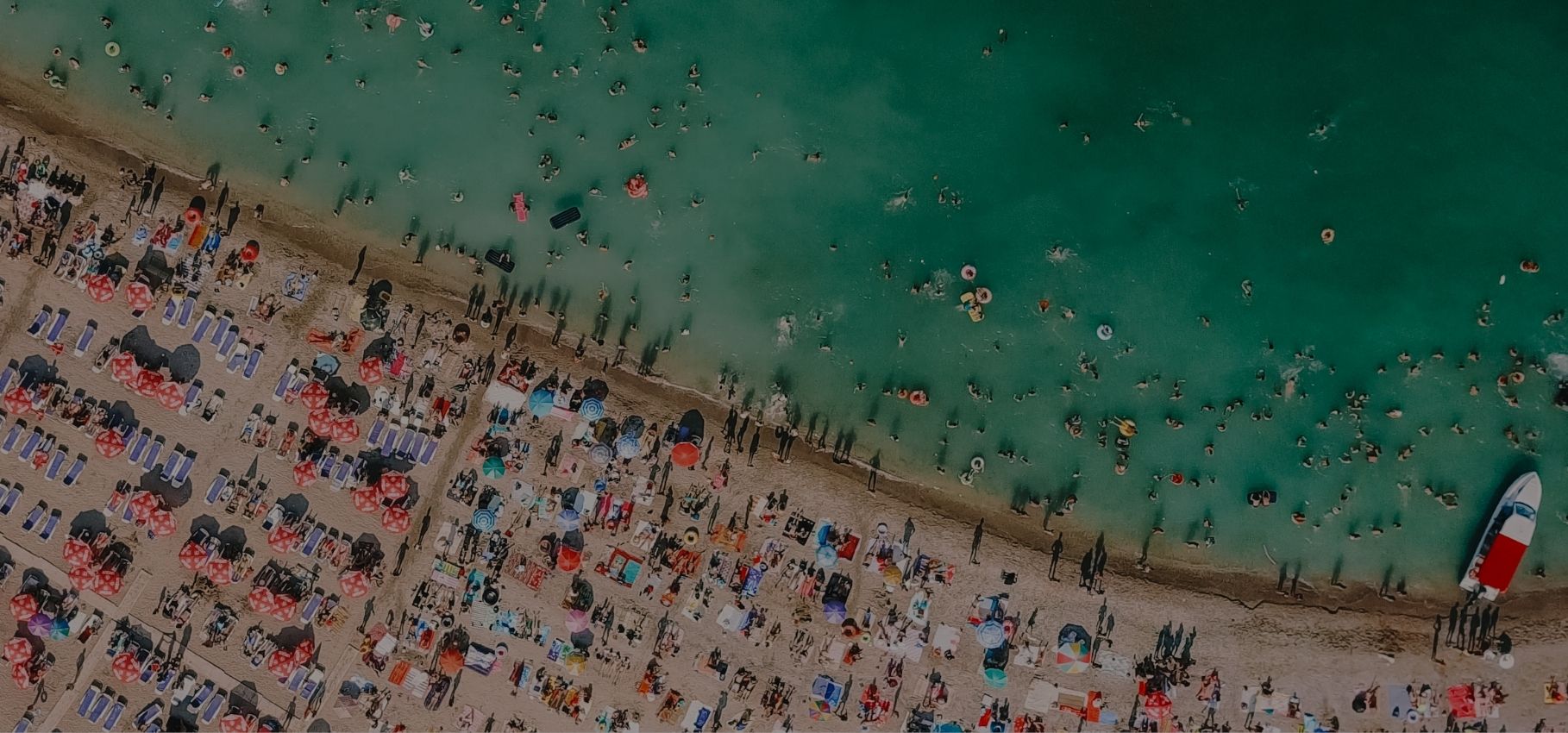19 Jun Is this the time to Reset Overtourism?
In the last decade, we have seen a rise in backpackers by insane numbers.
Traveling became a way to escape the boredom of 9-5 life and the culture of digital nomads caught fire.
More people wanted to travel and find themselves.
More people were running the race to count the number of countries they visited that may reflect upon the success of their life.
As a result, more people made way to welcome them by offering cheap trade-offs and free deals.
But is it sustainable?
How travel became cheap
I personally give this credit to Instagram.
As people started traveling and gaining popularity with picture-perfect photos of untouched dead-drop gorgeous places, you cannot blame others for wanting to go.
And as more people started to travel cross-borders, the tools followed.
New starts-ups popped up and gave big fat discounts on flights and hotels.
Airbnb made it super cheap for people to rent out spaces at dirt-cheap prices and also support the local families.
Airlines are squeezing in seats, providing fewer services, and cutting margins for volume to be able to fly passengers as cheaply as possible.
And asking for a free stay or a meal in return for a blog post also became a thing. Thus came the statement that ‘now you can travel for free’ or ‘you don’t need money to travel’.
Even if not, you don’t need a fortune to travel internationally if you are able to suck up to the uncomfortable basics.
What did the Mass bring?
Travelers brought international cash flow with them. It was probably the easiest money that people could make.
Backpackers don’t mind the lack of infrastructure. And people somehow cherished the raw unadulterated view of daily lives if they get to see that for free.
However, the beaches became crowded. The plastic became suffocating for marine animals. The corals died beneath the snorkeler’s feet. The parties became louder and wild. And while half of the locals were minting money, the other half lost their sleep on invading culture and unrecognizable rapid change.
That brings us the question, is it worth it?
Is it worth it?
It is probably the same question over and over again.
Is quantity better than quality?
Do countries need more people or they need more revenue with fewer people?
Are luxury travelers ready to spend more on their vacation better than backpackers looking for cheap or free alternatives?
Do five members of a family in the tourism industry need to work to bring in what two working members can earn otherwise?
Will fewer people traveling result in less carbon footprint?
Effects of Overtourism
Apart from humans, overtourism takes a huge toll on the environment. Air travel alone takes up 2% of carbon emissions in the world. And the travel sector accounts for 8% of the whole.
More tourists overburden the local community for food, clean water, energy requirement, and waste disposal. With more people renting out hotels, prices are rising up in popular tourist destinations. For example, increasing rent in Venice is driving out locals from their homes. Water requirements for tourists put huge pressure on the locals in water-scarce regions like the Mediterranean.
Fewer turtles have returned to beaches of Thailand, Indonesia, and the Philippines. Building resorts in the deep jungles lead to the displacement of wildlife. Cruise ships disrupt marine life and have been constantly blamed for discharging untreated waste directly in the ocean.
What is the alternative?
This will sound bad for travelers including me. But if governments will start addressing the problem of overtourism, travel will get expensive.
After all, it is an economic activity. And it should be profitable for both, the guests and the hosts.
Limited accessibility with strict visa regulations and high visa prices will put a check on overtourism. As prices will go up with fewer airlines operating on paper-thin margins, the industry will change.
However, it will largely depend on how countries market themselves in the future. And I can see a lot changing already, especially in South-east Asia.
As for the travelers, we may have to think of taking trips in a year and cherish those more.






No Comments